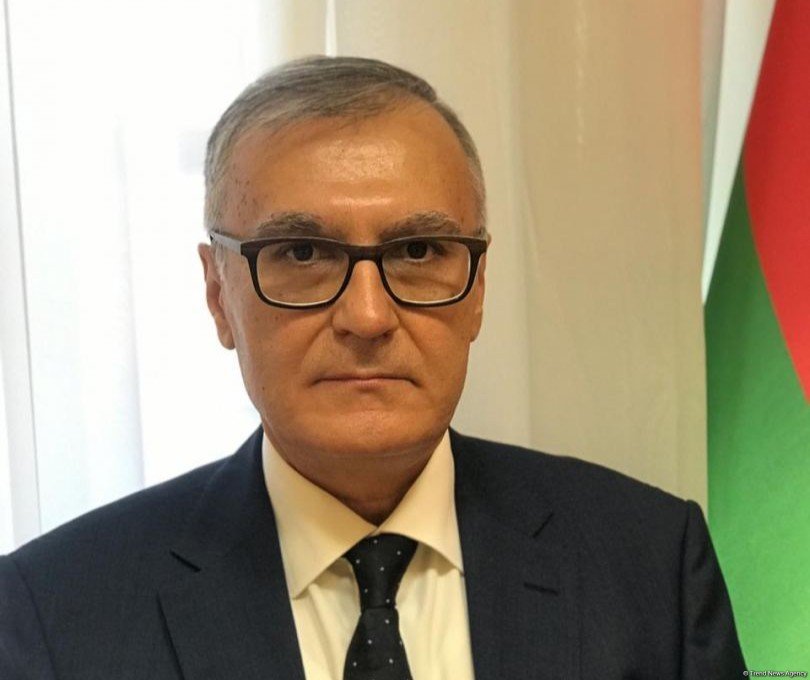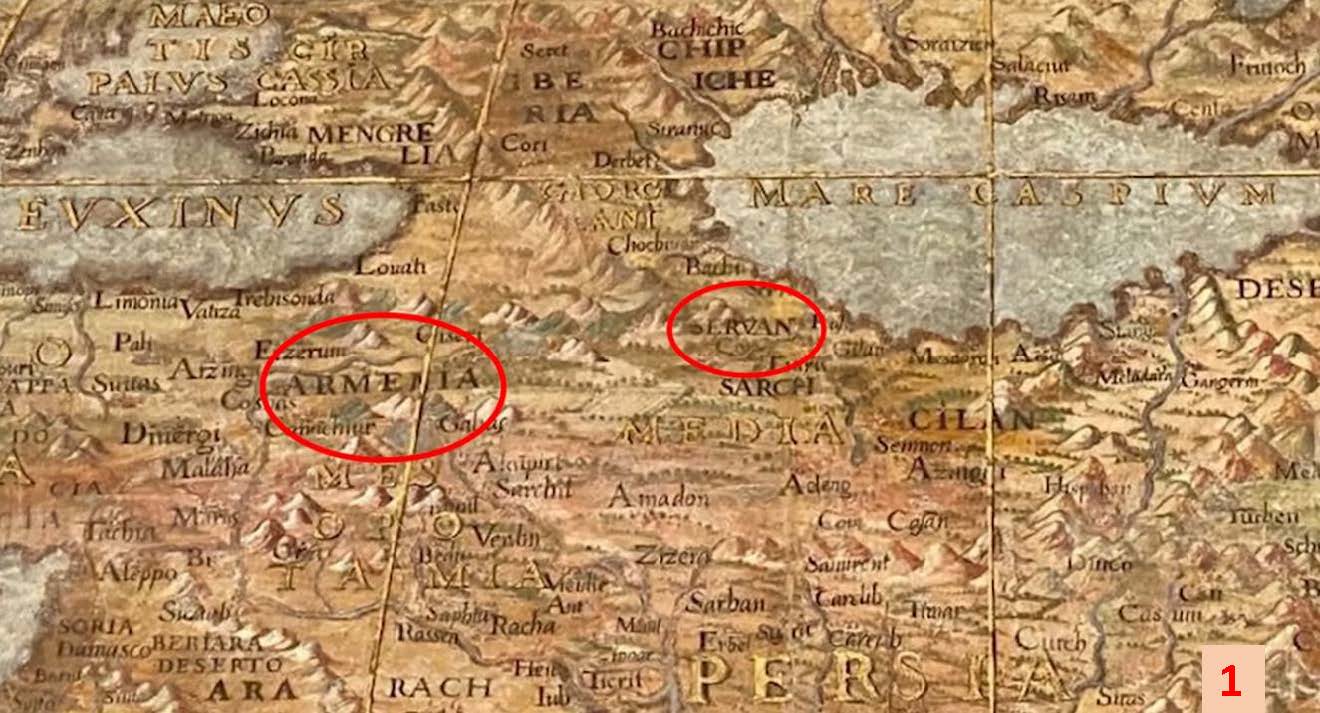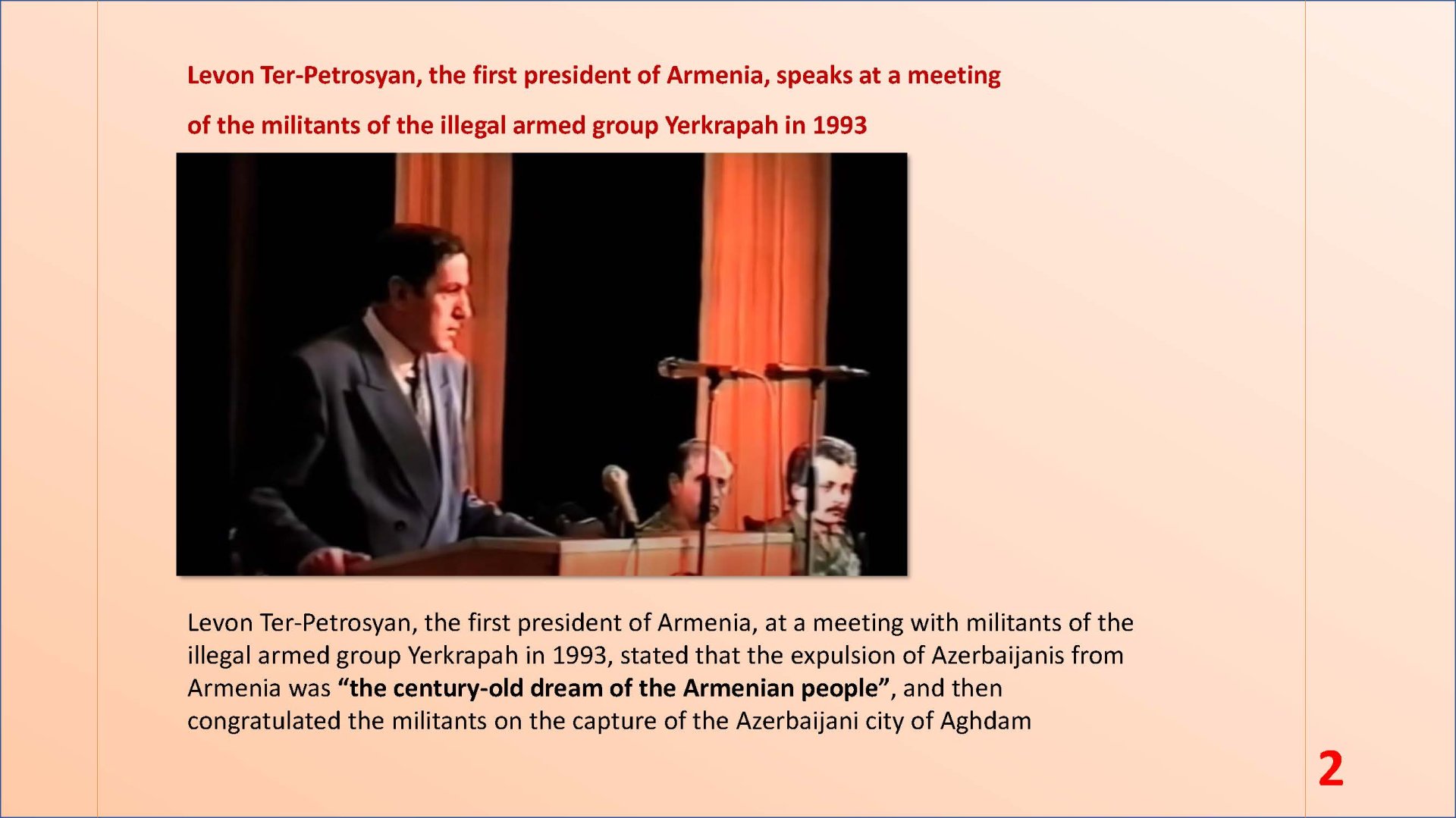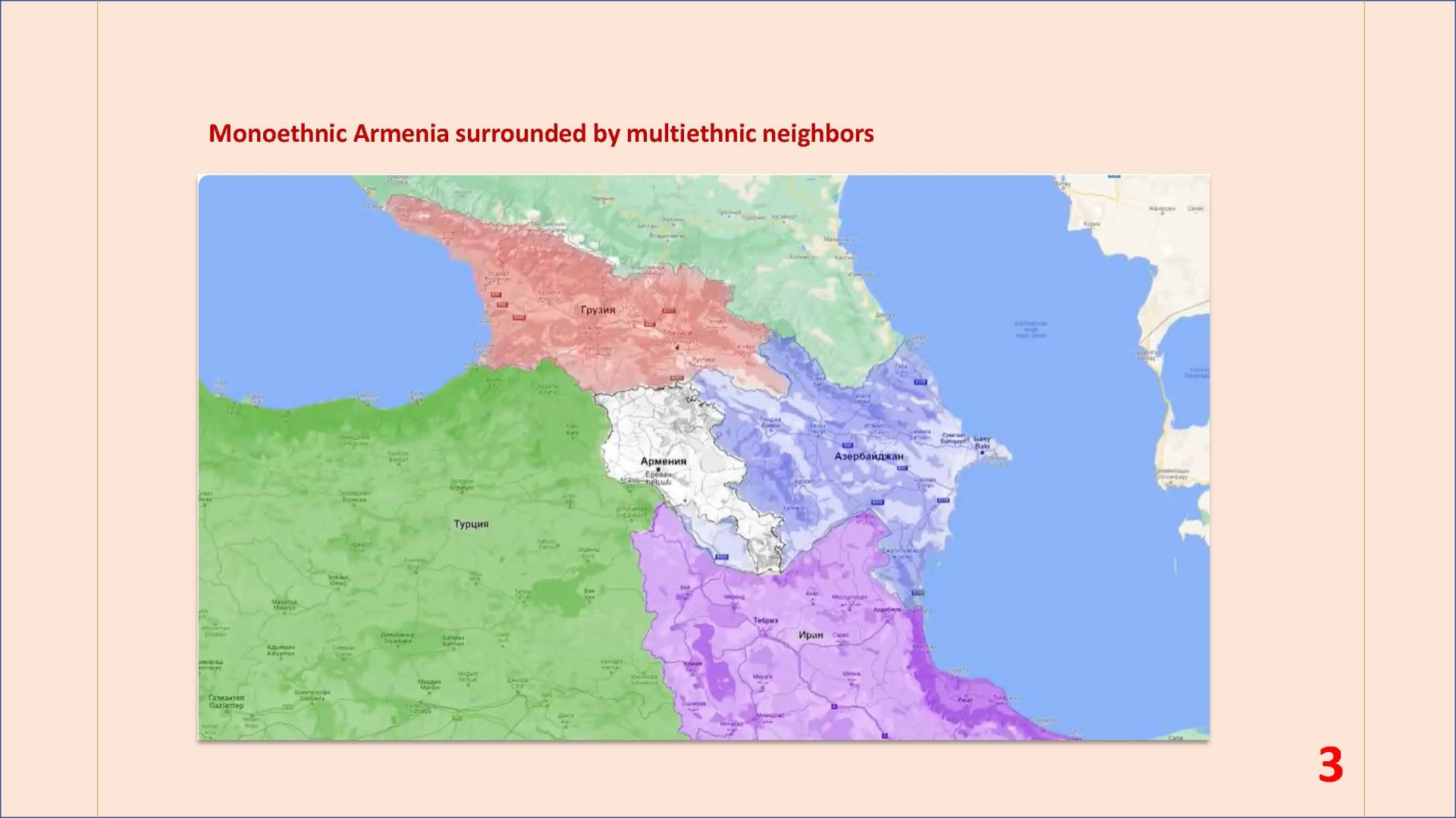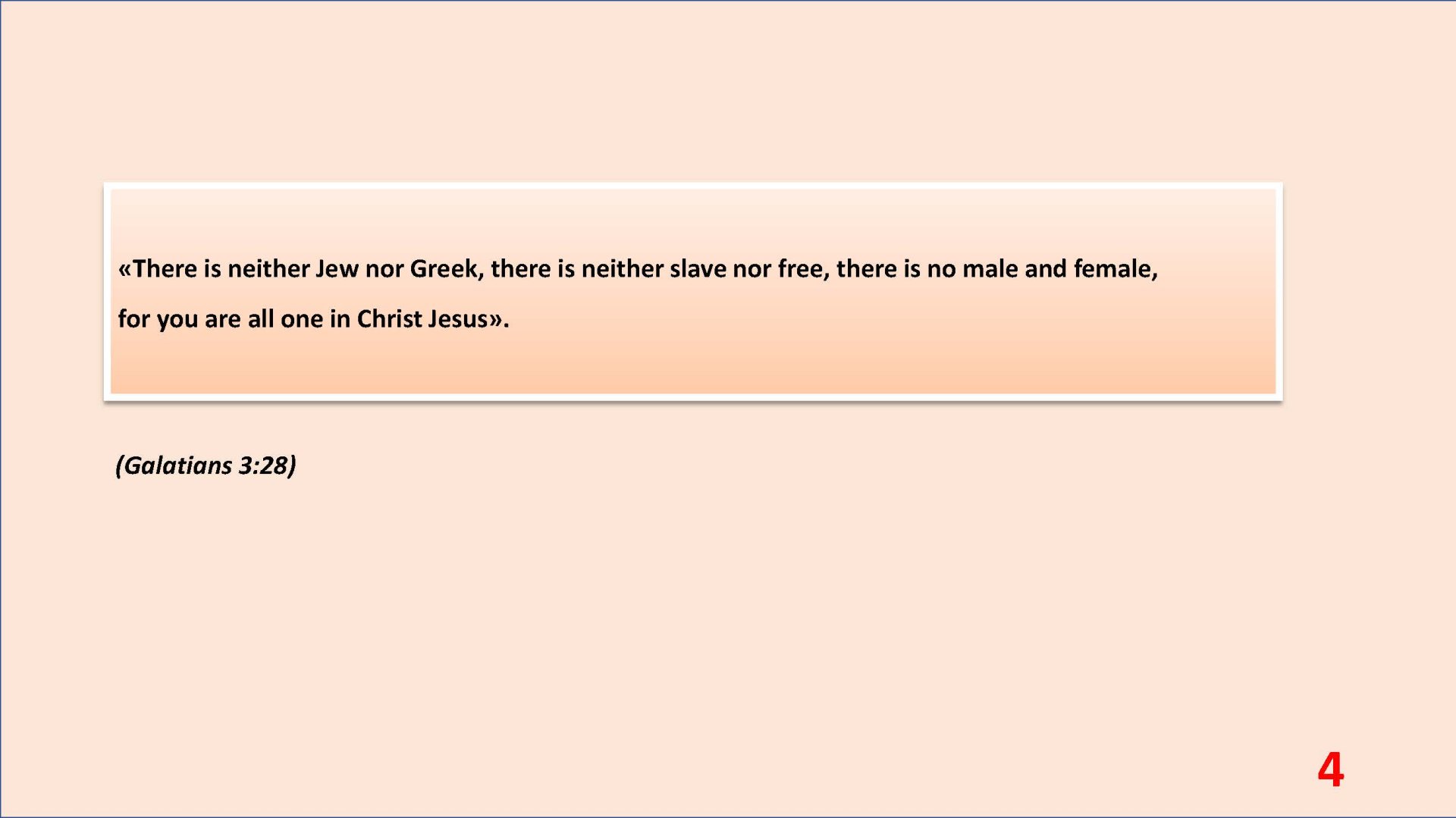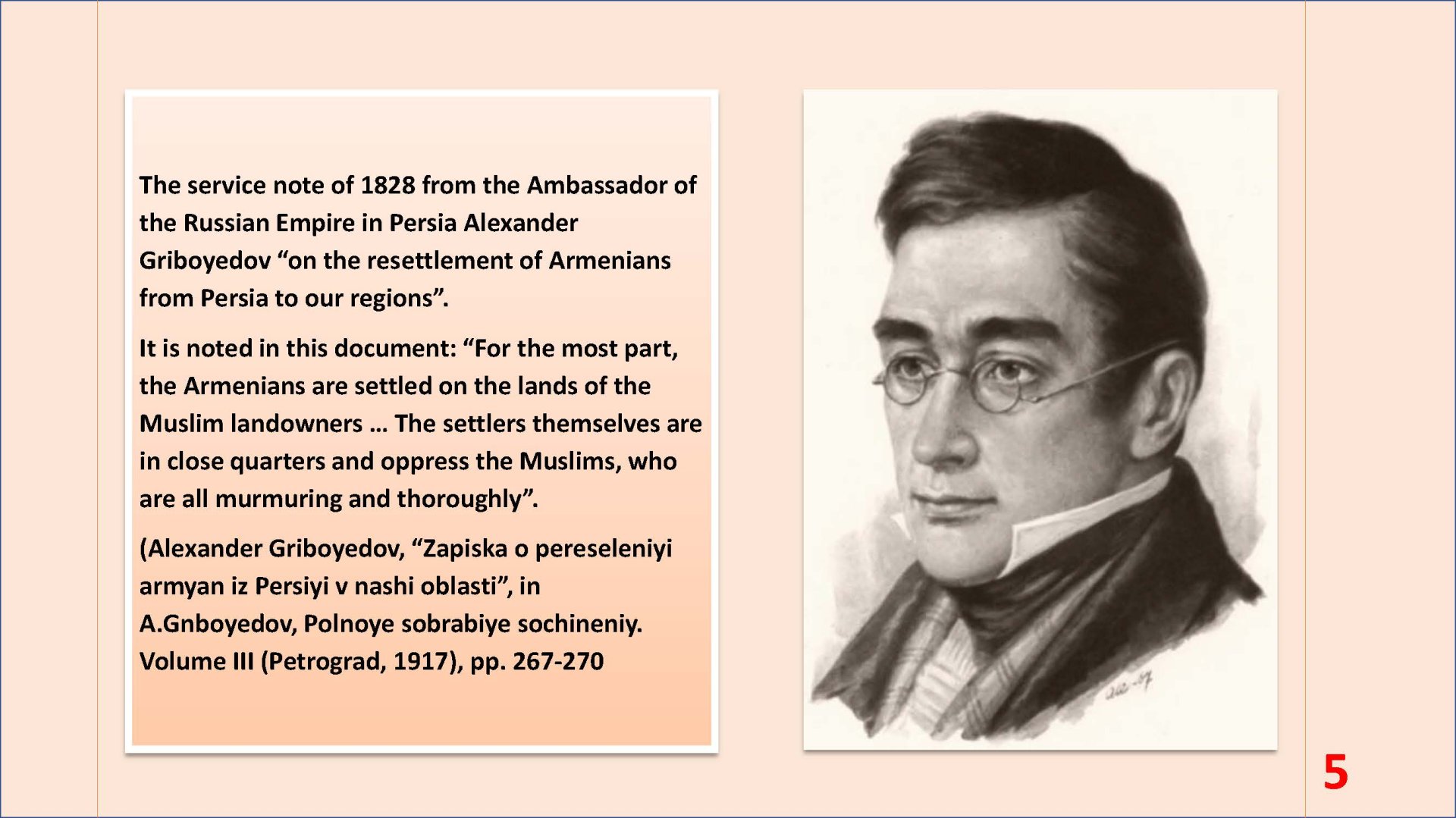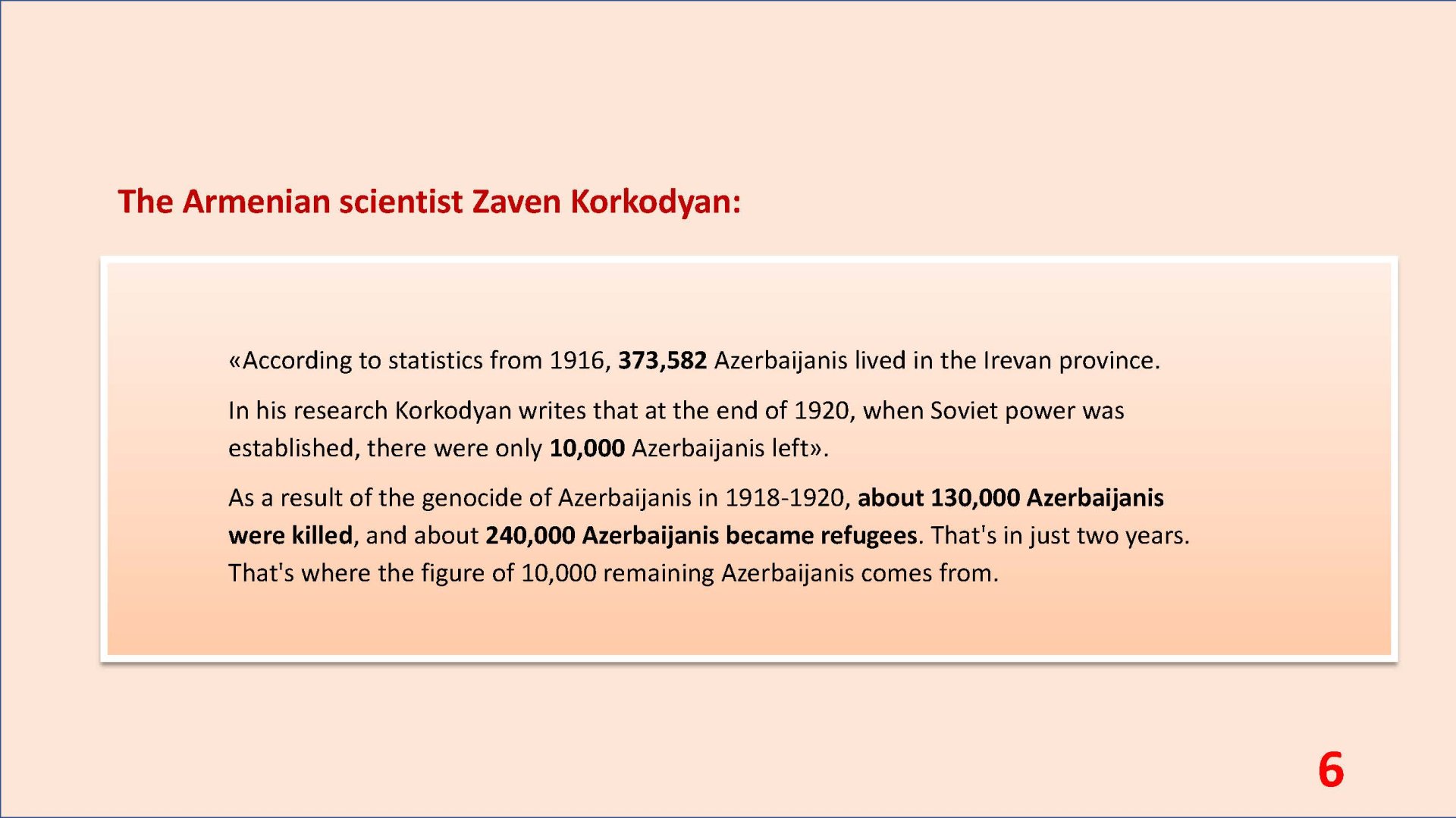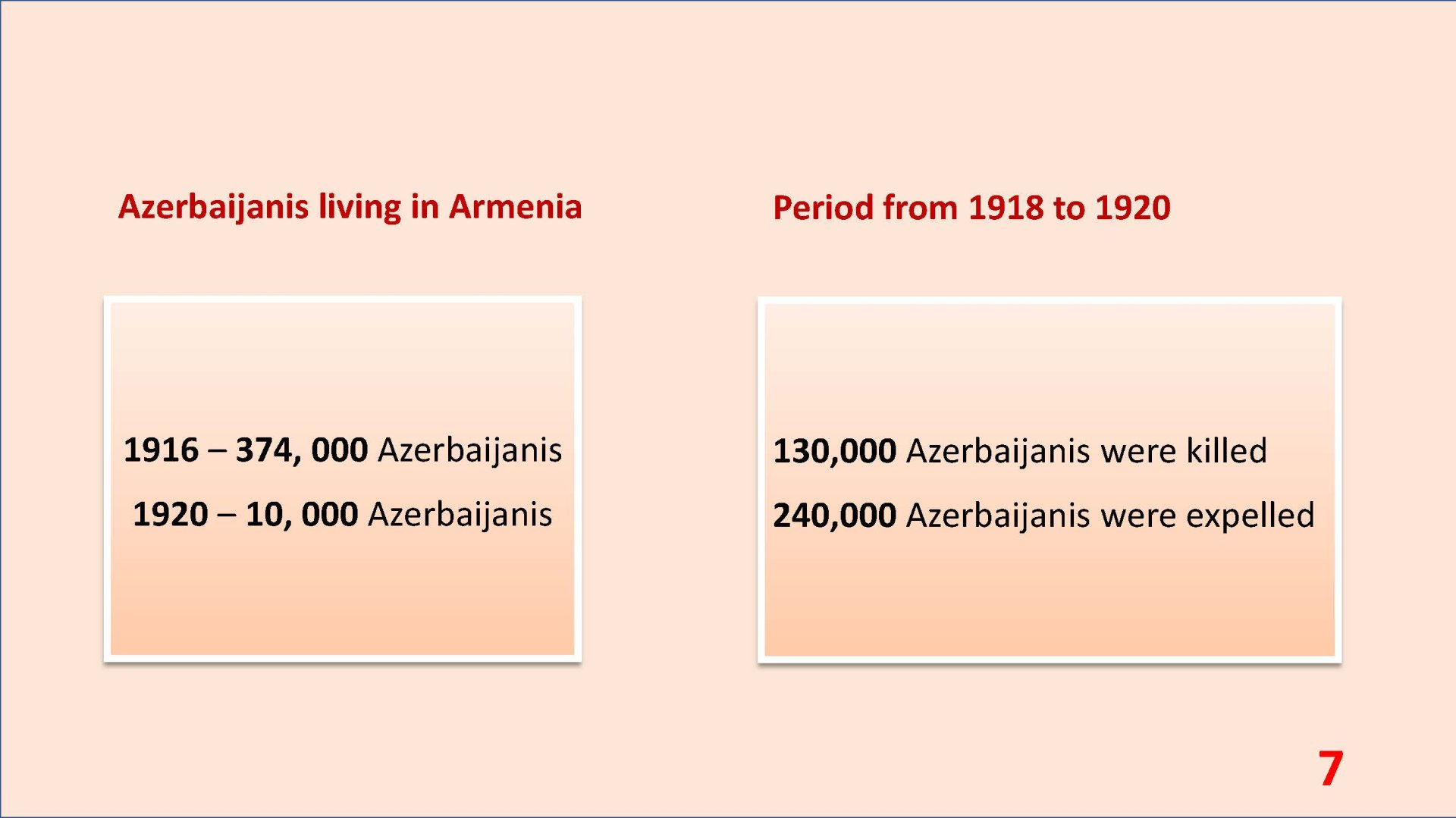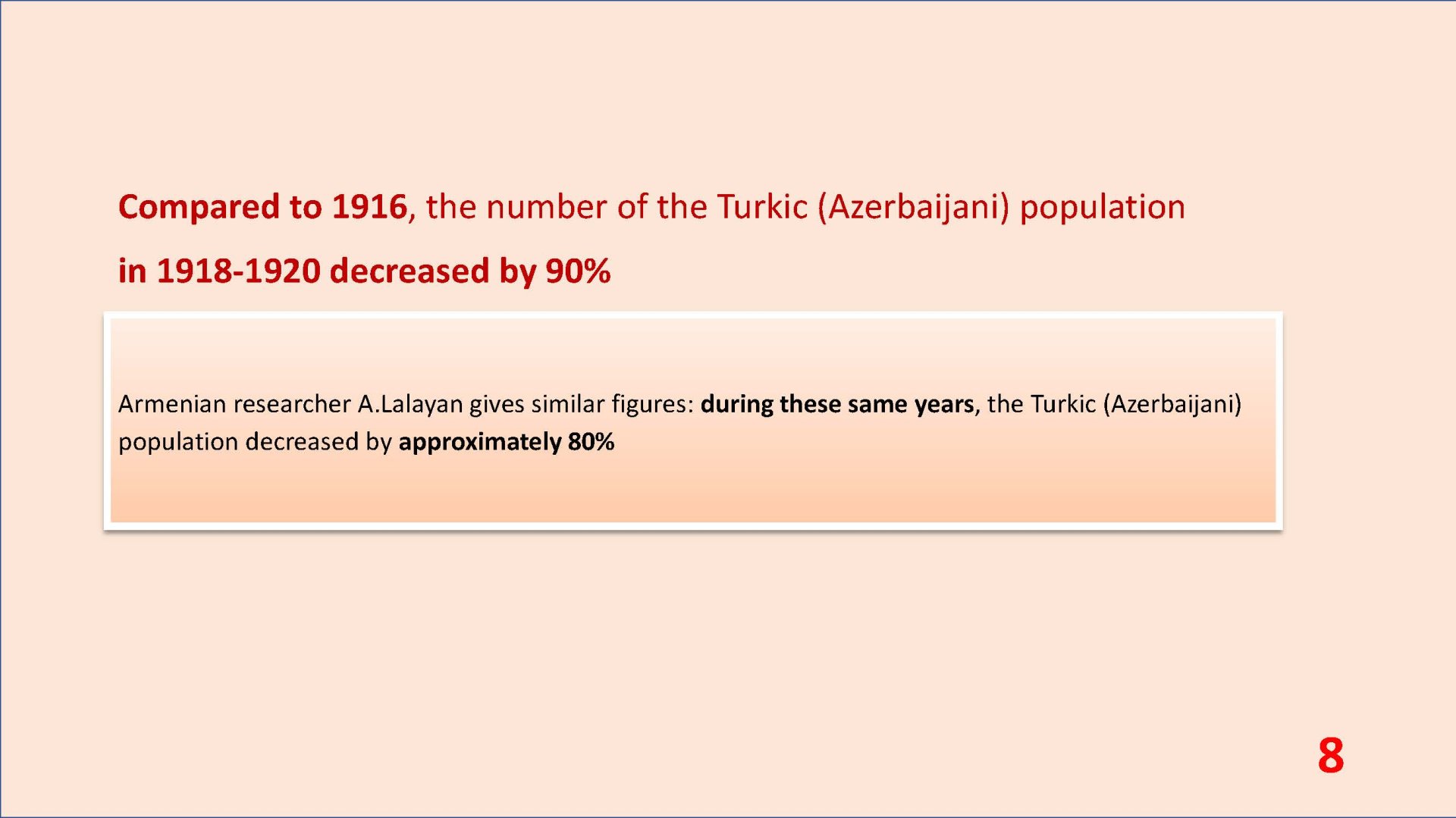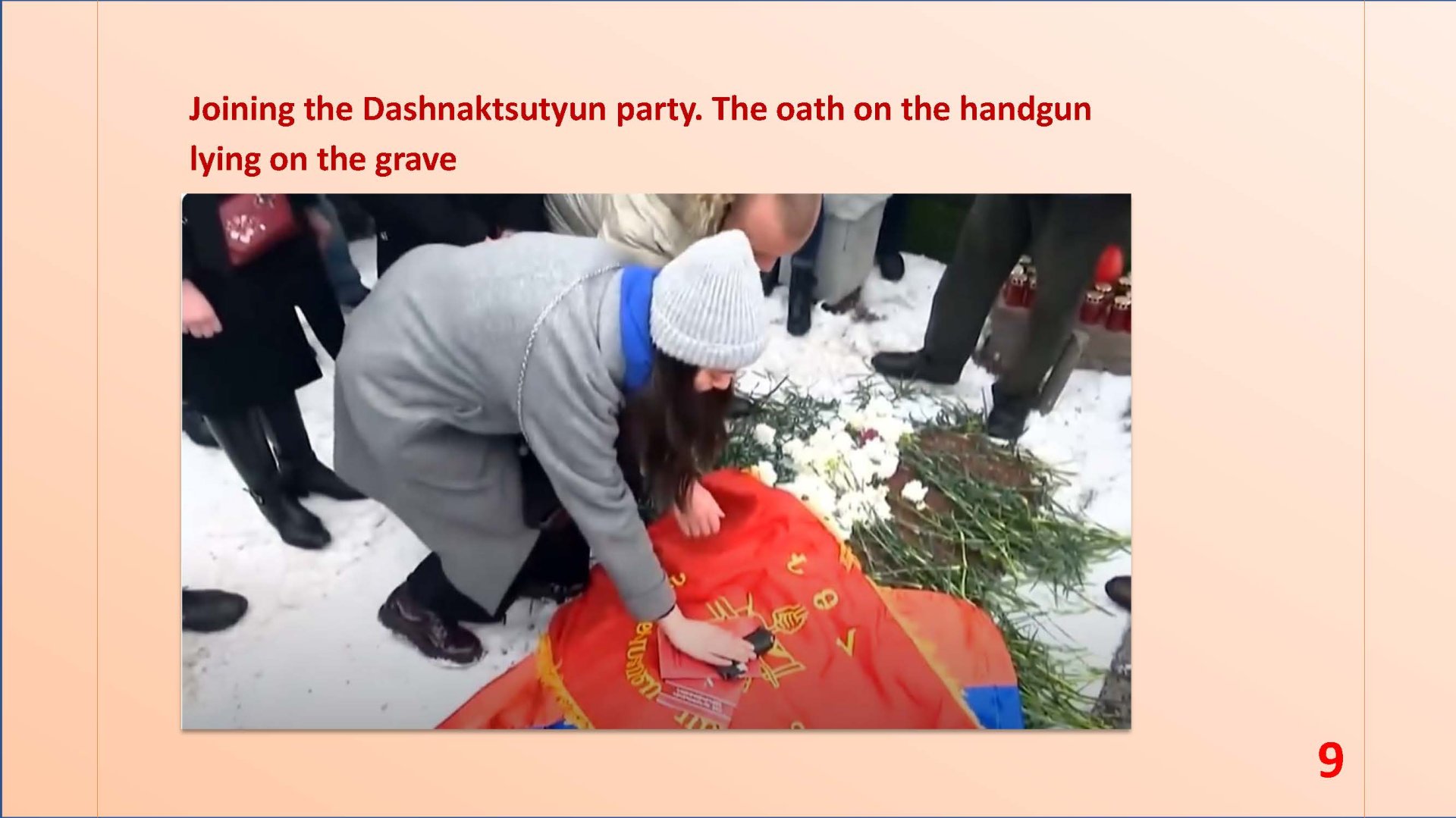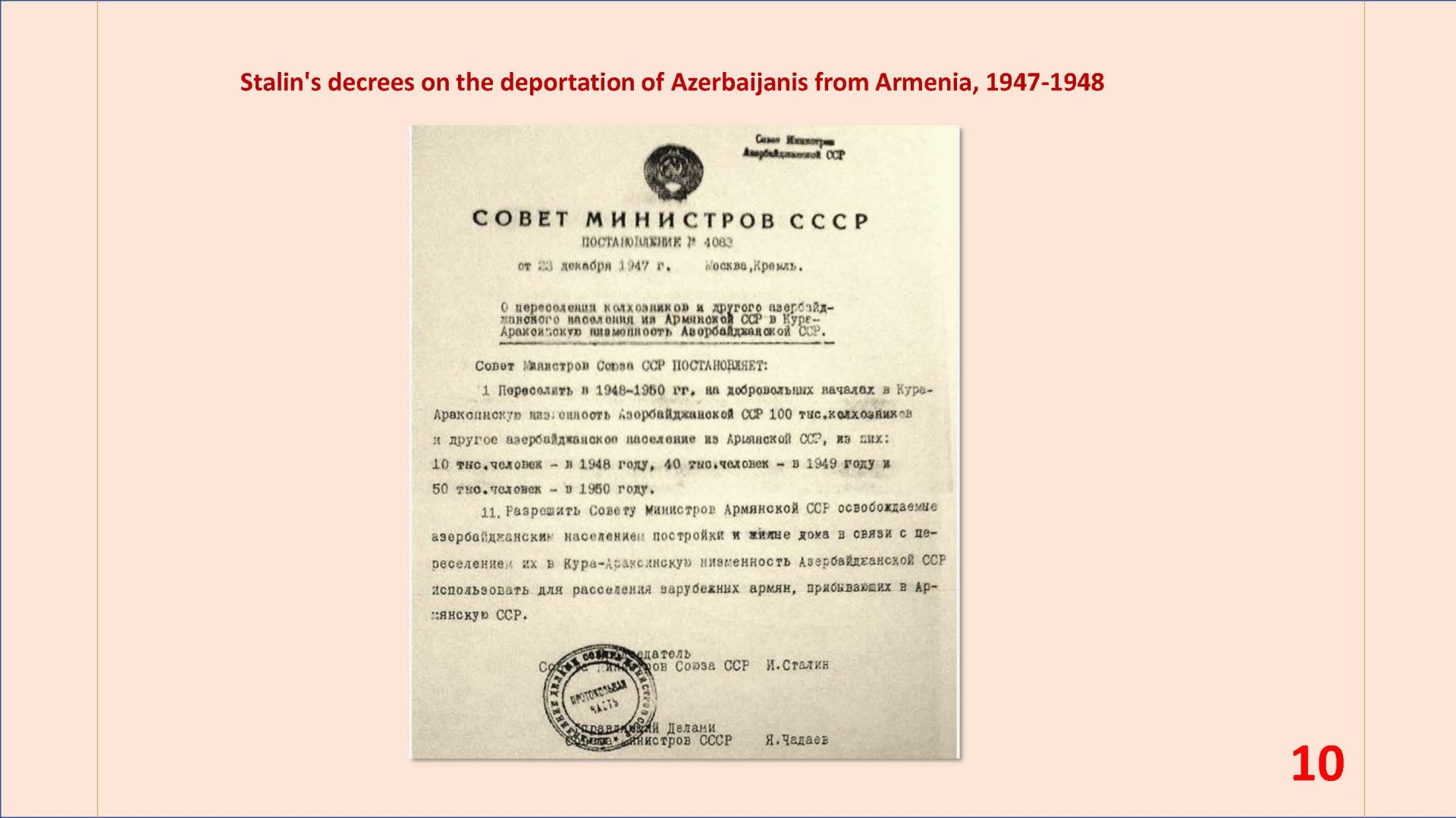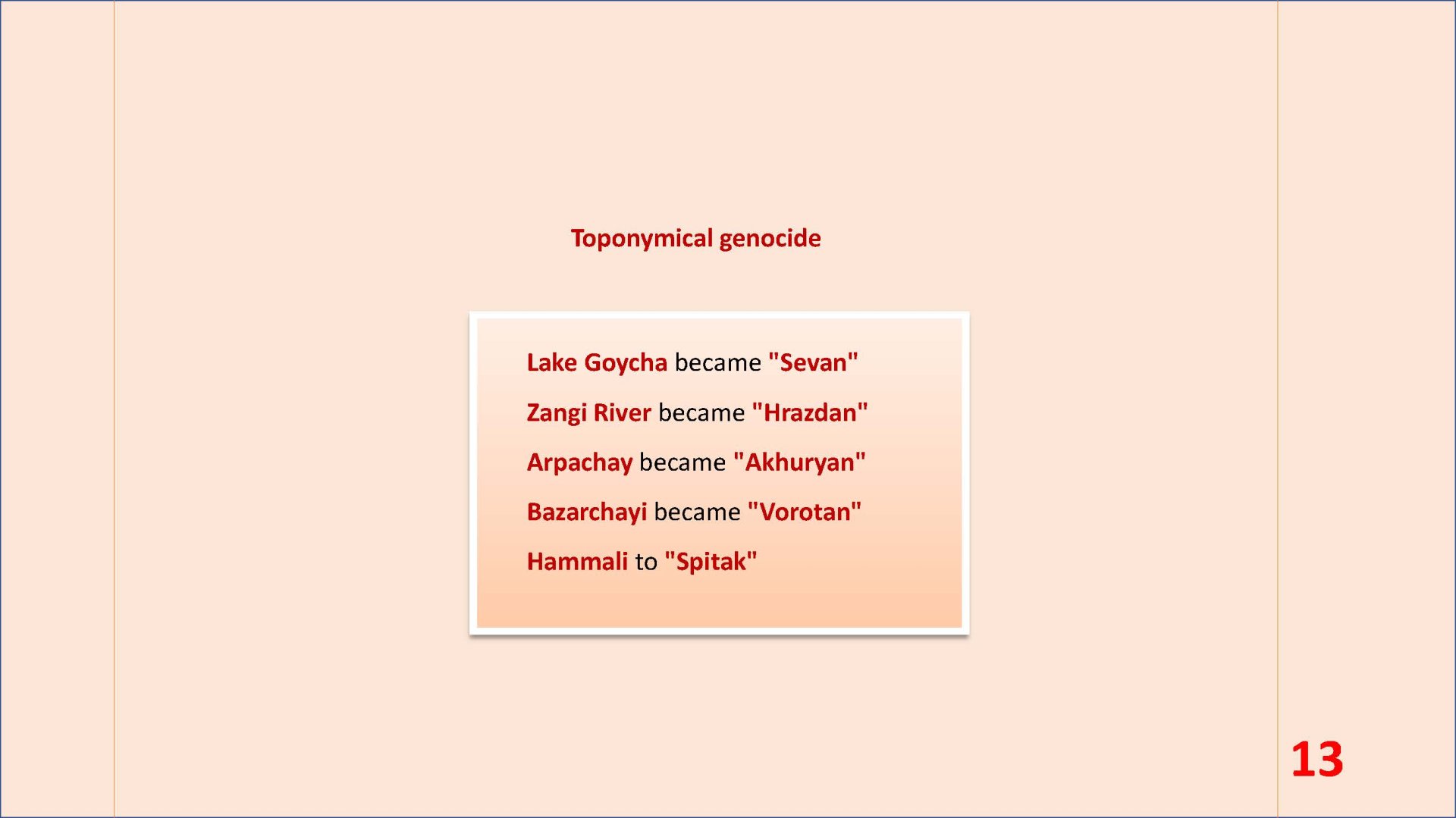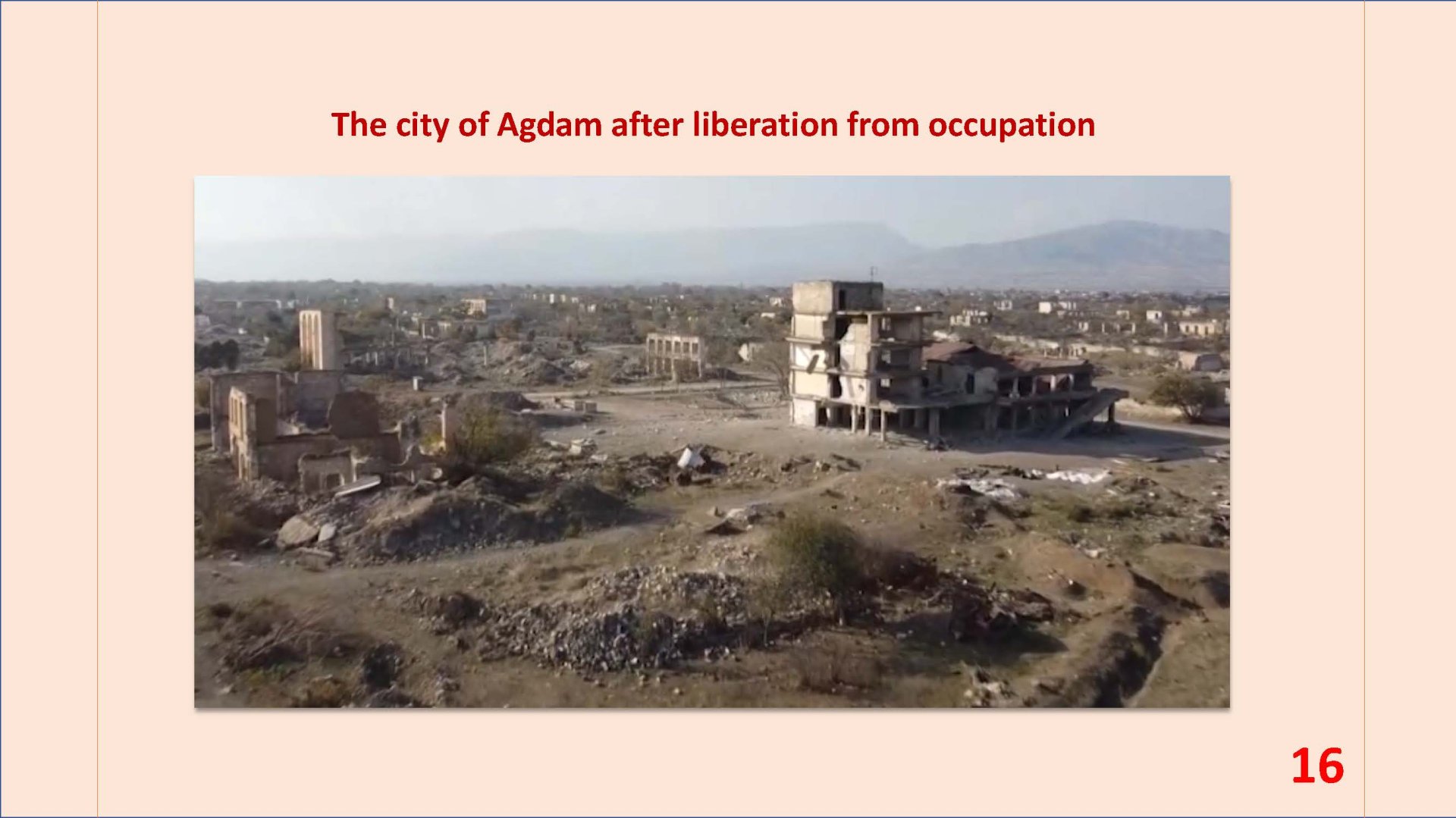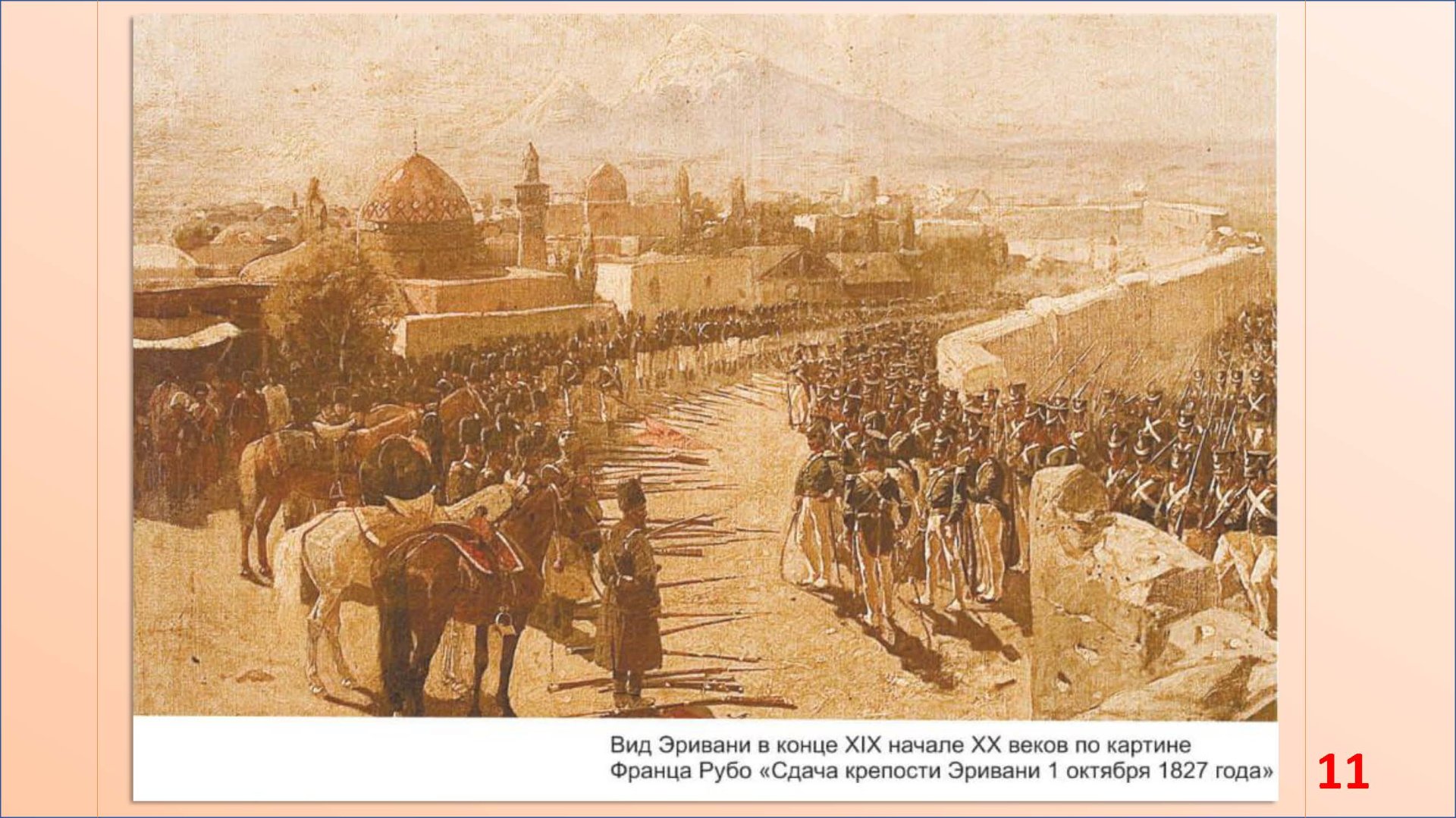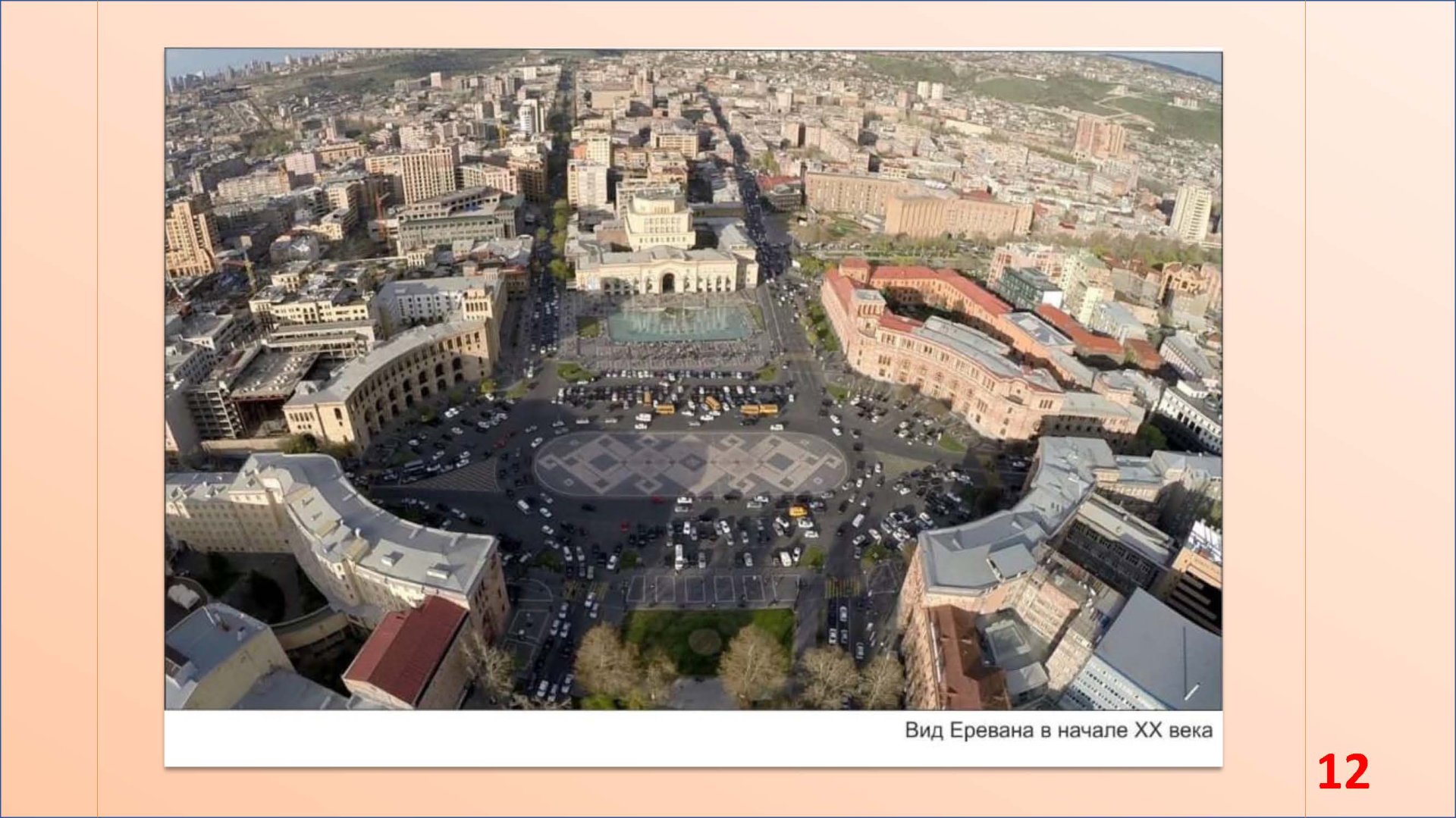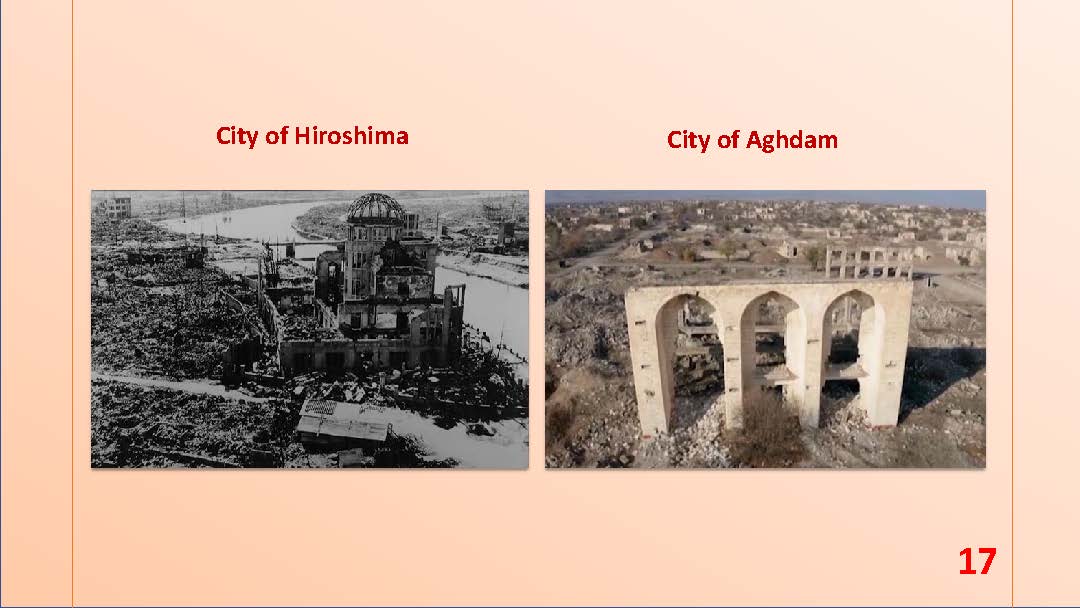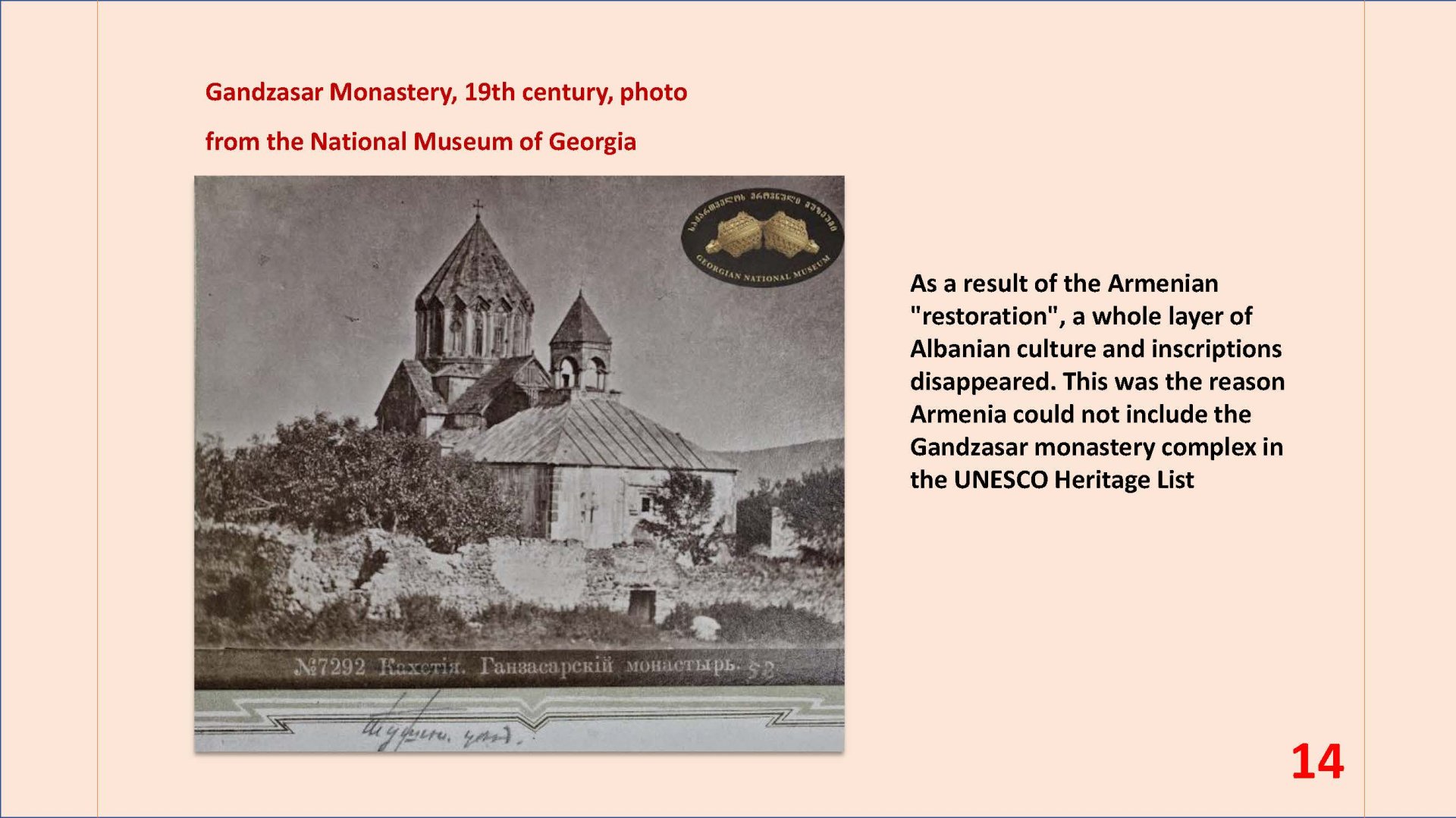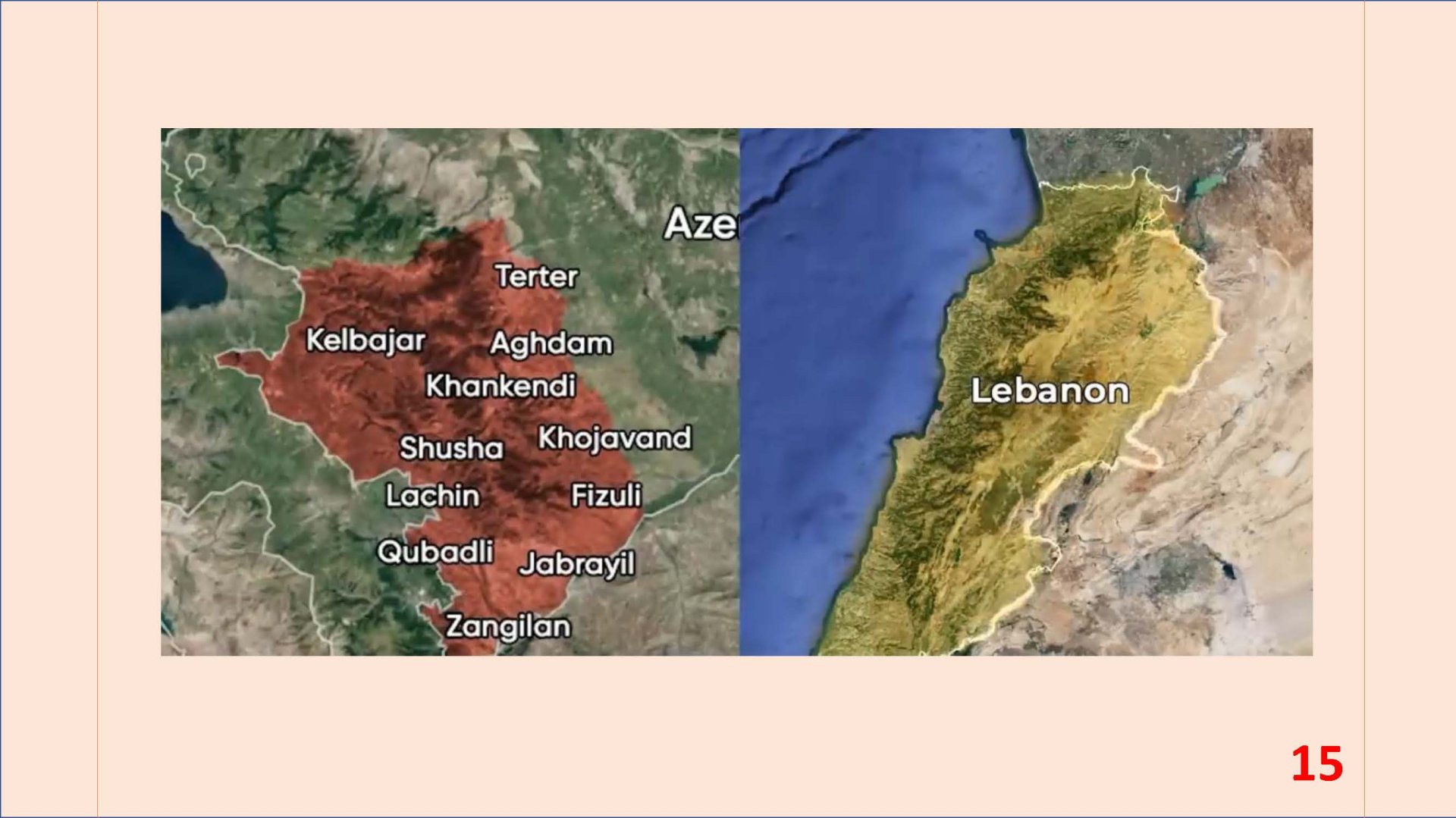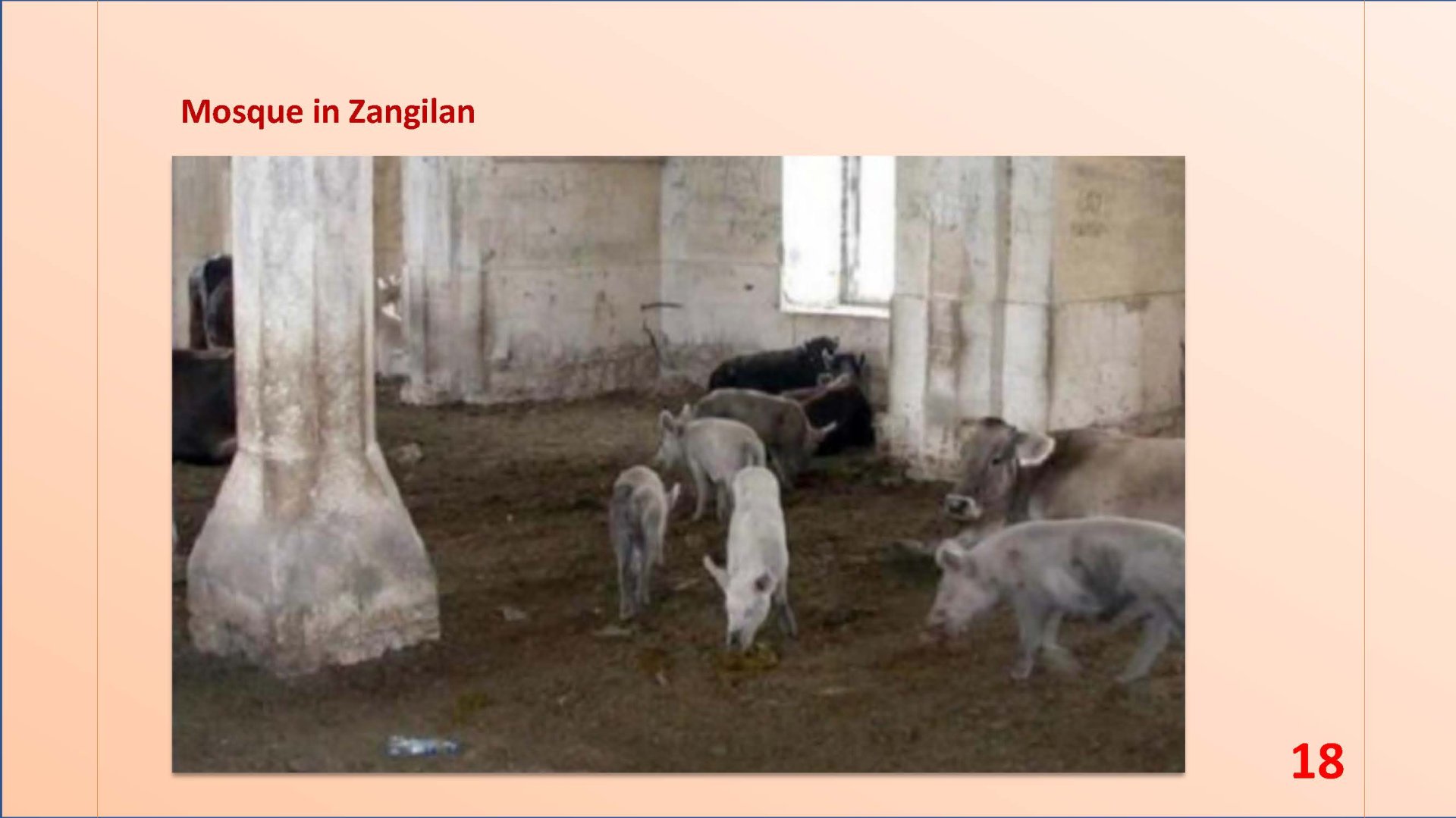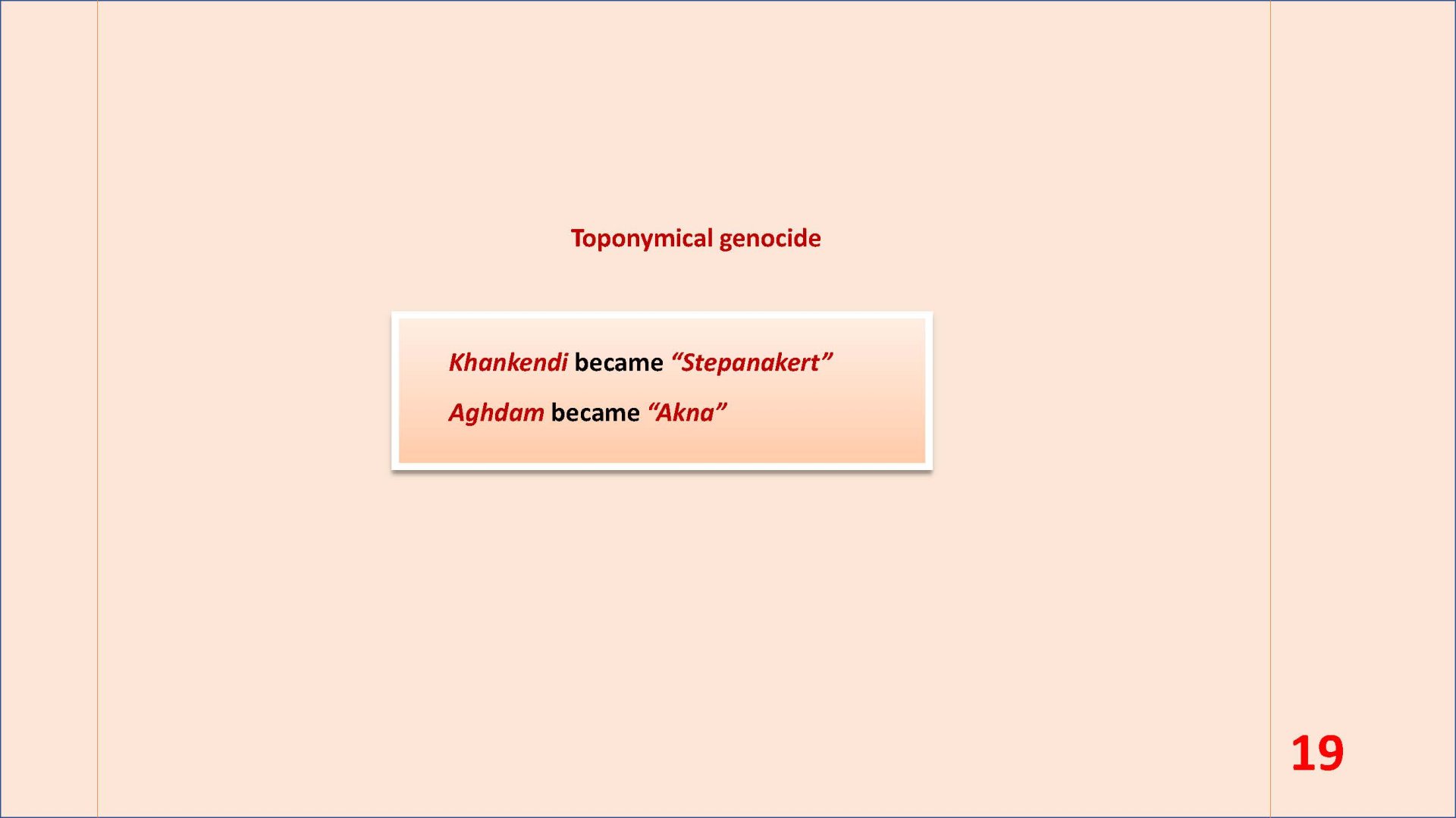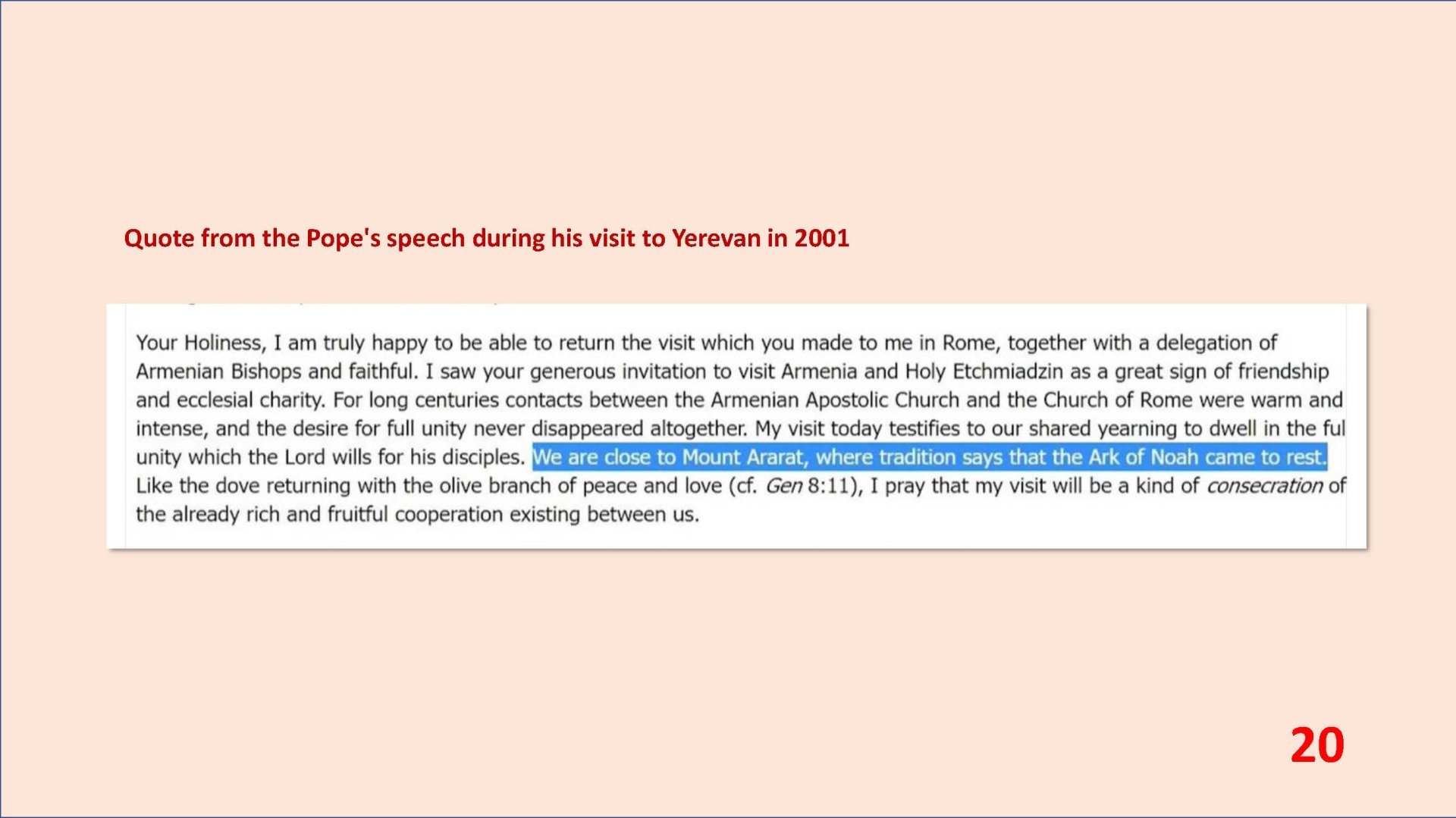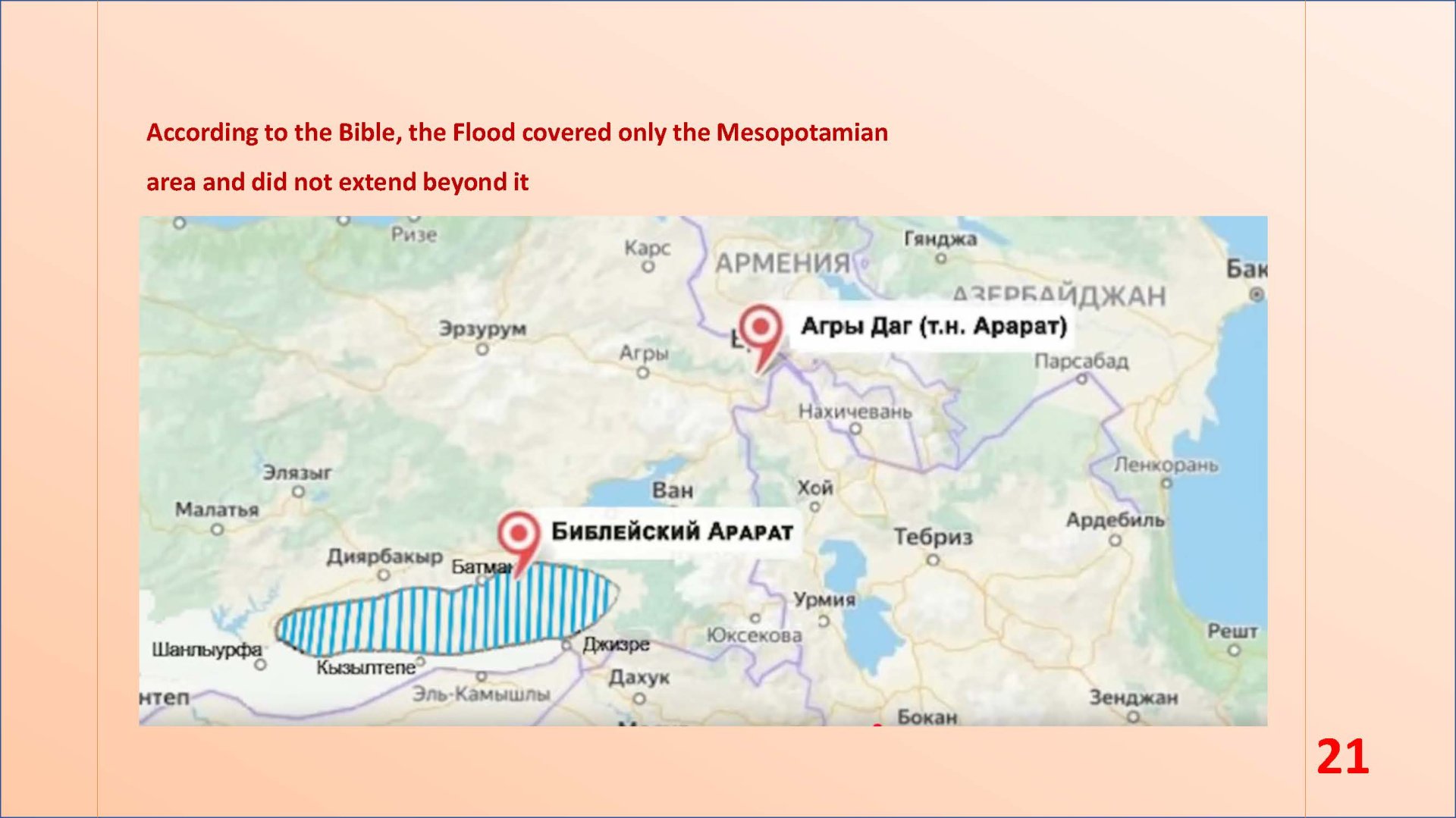BAKU, Azerbaijan, April 10. Armenia systematically destroyed religious and cultural monuments on Azerbaijan’s historical lands, Azerbaijani political analyst Fuad Akhundov made this statement during his speech at the 12th International Academic Conference on the Heritage of Caucasian Albania, titled "Christianity in Azerbaijan: History and Modernity", held on April 10 at the Pontifical Gregorian University of the Holy See, Trend reports.
"Among the targeted sites were Albanian churches, which form part of Azerbaijan’s Christian heritage. The Caucasian Albanian monuments located in Karabakh were destroyed, and deliberate efforts were made to alter their appearance and falsely present them as Armenian. These actions are not only acts of vandalism against Azerbaijan’s historical and cultural legacy - they also reflect an anti-Christian policy aimed at distorting the true history of the region," Akhundov said.
In his report, Akhundov also challenged the commonly held belief in some international circles that the conflict between Armenia and Azerbaijan is religious in nature - a confrontation between a Muslim and a Christian country.
Such a narrative, he argued, oversimplifies and distorts the reality, distracting from the historical facts and ideological foundations that underpin modern Armenian statehood. In fact, as the report stresses, Armenia increasingly displays characteristics that are not Christian, but anti-Christian.
Akhundov highlighted the figure of Garegin Nzhdeh, who has been widely glorified in Armenia in recent years. A monument to Nzhdeh stands in the center of Yerevan, despite well-documented evidence of his collaboration with Nazi Germany.
"The Apostle Paul wrote: 'There is neither Jew nor Gentile, neither slave nor free, nor is there male and female, for you are all one in Christ Jesus.' Garegin Nzhdeh’s ideology of 'Tseghakron' stands in direct contrast to this message - it is a doctrine intended only for Armenians. When such a figure is celebrated as a national hero, it raises serious questions about Armenia’s claim to a Christian identity," the expert noted.
He also recalled remarks made in 1993 by Armenia’s first president, Levon Ter-Petrosyan, at a meeting with members of the illegal armed group Yerkrapah. At the time, Ter-Petrosyan publicly described the expulsion of Azerbaijanis from Armenia as "the century-old dream of the Armenian people" and congratulated the militants on the capture of the Azerbaijani city of Aghdam.
To support his arguments, Akhundov cited archival sources, including an 1828 memo by Russian Empire envoy Alexander Griboyedov, regarding the resettlement of Armenians from Persia to the South Caucasus. In the document, Griboyedov wrote: "The settlers are crowding out the Muslims, who are all murmuring and thoroughly." According to Akhundov, even two centuries ago, the consequences of Armenia’s aggressive resettlement policies were being documented.
The report also focused on the demographic consequences of violence against Azerbaijanis in what is now Armenia. Official statistics show that in 1916, 373,582 Azerbaijanis lived in the Iravan province. However, by the end of 1920, only 10,000 remained, according to Armenian scholar K. Korkodyan.
Between 1918 and 1920, approximately 130,000 Azerbaijanis were killed, and another 240,000 were forced to flee. These figures are corroborated by the research of Armenian historian A. Lalayan, who documented an 80-90% decrease in the Azerbaijani population during those years.
In closing, Akhundov pointed out a striking geopolitical paradox: while Armenia proudly calls itself a monoethnic state, it is surrounded on all sides by diverse, multiethnic countries where people of different faiths and cultures have historically lived together in peace.

